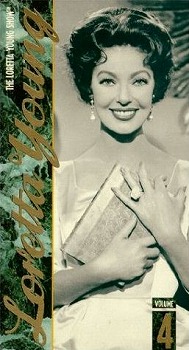
Loretta Jane Swit is an American stage and television actress known for her character roles. Swit is best known for her portrayal of Major Margaret "Hot Lips" Houlihan on M*A*S*H, for which she won two Emmy Awards.

Loretta Young was an American actress. Starting as a child, she had a long and varied career in film from 1917 to 1953. She received numerous honors including an Academy Award, two Golden Globe Awards, and three Primetime Emmy Awards as well as two stars on the Hollywood Walk of Fame for her work in film and television.

The Bob Cummings Show is an American sitcom starring Bob Cummings, which was broadcast from January 2, 1955, to September 15, 1959.
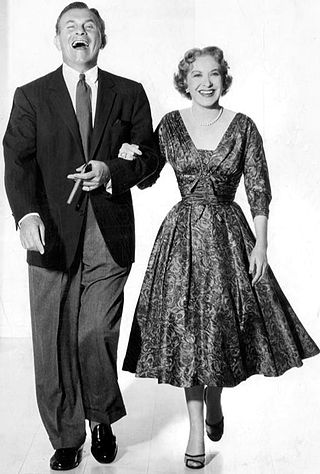
The George Burns and Gracie Allen Show, sometimes called The Burns and Allen Show, was a half-hour television sitcom broadcast from 1950 to 1958 on CBS. It starred George Burns and Gracie Allen, one of the most enduring acts in entertainment history. Burns and Allen were headliners in vaudeville in the 1920s, and radio stars in the 1930s and 1940s. Their situation comedy TV series received Emmy Award nominations throughout its eight-year run.

Barbara Hale was an American actress who portrayed legal secretary Della Street in the dramatic television series Perry Mason (1957–1966), earning her a 1959 Emmy Award for Outstanding Supporting Actress in a Drama Series. She reprised the role in 30 Perry Mason made-for-television movies (1985–1995).
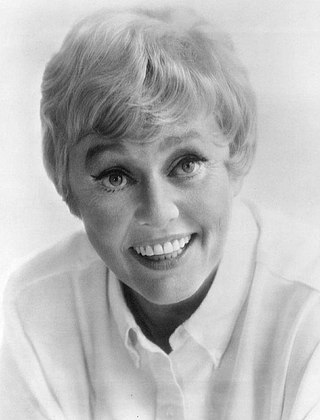
Patricia Ann Carroll was an American actress and comedian. Her most memorable role is as the voice of Ursula in The Little Mermaid. She made guest appearances in many popular television series including The Mary Tyler Moore Show, Laverne & Shirley, and ER; she also had a regular role on The Danny Thomas Show as Bunny Halper. Carroll was an Emmy, Drama Desk, and Grammy Award winner, as well as a Tony Award nominee.
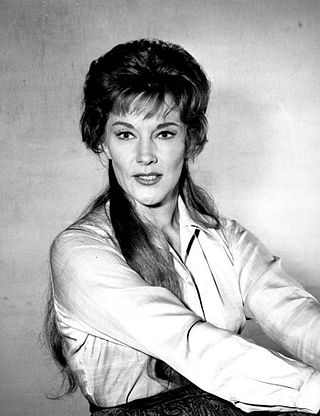
Wilma Jeanne Cooper was an American actress, best known for her role as Katherine Chancellor on the CBS soap opera The Young and the Restless (1973–2013). At the time of her death, she had played Katherine for over 40 years, and her name appears on the list of longest-serving soap opera actors in the United States.
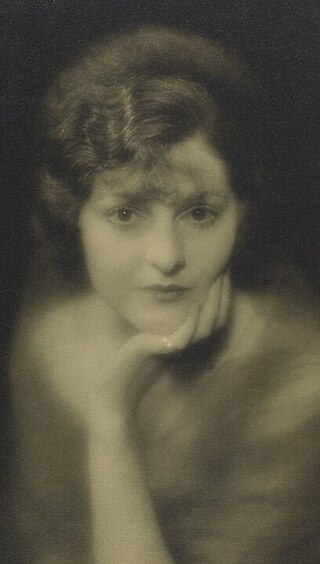
Eleanor Audley was an American actress with a distinctive voice and a diverse body of work. She played Oliver Douglas's mom, Eunice Douglas, on the CBS sitcom Green Acres (1965–1969), and provided two Disney animated classics with the voices of the two iconic villains: Lady Tremaine, Cinderella's evil stepmother in Cinderella (1950), and Maleficent, the wicked fairy in Sleeping Beauty (1959). She had roles in live-action films, but was most active in radio programs such as My Favorite Husband as Liz Cooper's mother-in-law, Mrs. Cooper, and Father Knows Best as the Anderson family's neighbor, Mrs. Smith. Audley's television appearances include those in I Love Lucy, The Dick Van Dyke Show, Mister Ed, Hazel, The Beverly Hillbillies, Pistols 'n' Petticoats, and My Three Sons.

Patrick Barry Sullivan was an American actor of film, television, theatre, and radio. In a career that spanned over 40 years, Sullivan appeared in over 100 movies from the 1930s to the 1980s, primarily as a leading actor after establishing himself in the industry, and later as a character actor.
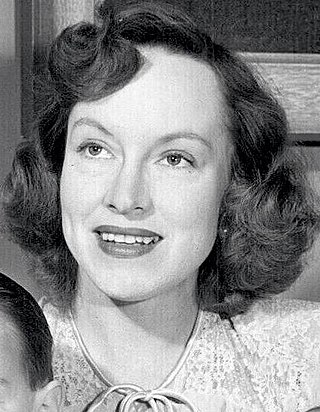
Virginia Lee Gregg was an American actress known for her many roles in radio dramas and television series.

Robert Middleton was an American film and television actor known for his large size, beetle-like brows, and deep, booming voice, usually in the portrayal of ruthless villains.

Nobert Brodine, also credited as Norbert F. Brodin and Norbert Brodin, was an American film cinematographer. The Saint Joseph, Missouri-born cameraman worked on over 100 films in his career before retiring from film making in 1953, at which time he worked exclusively in television until 1960.

Jeanette Nolan was an American actress. Nominated for four Emmy Awards, she had roles in the television series The Virginian (1962–1971) and Dirty Sally (1974), and in films such as Macbeth (1948).
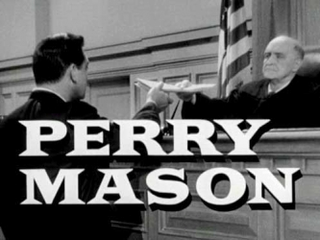
Perry Mason is an American legal drama series originally broadcast on CBS television from September 21, 1957, to May 22, 1966. The title character, portrayed by Raymond Burr, is a Los Angeles criminal defense lawyer who originally appeared in detective fiction by Erle Stanley Gardner. Many episodes are based on stories written by Gardner.
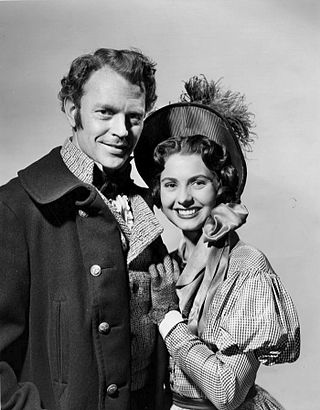
Schlitz Playhouse of Stars is an anthology series that was telecast from 1951 until 1959 on CBS. Offering both comedies and drama, the series was sponsored by the Joseph Schlitz Brewing Company. The title was shortened to Schlitz Playhouse beginning with the fall 1957 season.
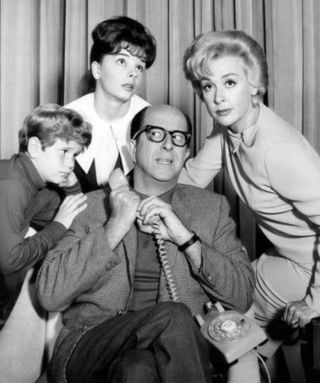
Sandra Kay Descher is an American former child actress of the 1950s.

Nita Talbot is an American actress. She received an Emmy Award nomination for Best Supporting Actress in a Comedy Series for the 1967–68 season of Hogan's Heroes.

Gertrude Flynn was an American stage, film and television actress. She was married to Asa Bordages, a feature writer for the New York World-Telegram and playwright known for the 1941 play Brooklyn USA.
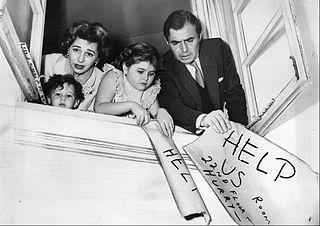
Portland Mason was a British-American child actress and writer.

Celia Kaye is an American actress. She is most famous for her starring role in the 1964 film adaptation of Island of the Blue Dolphins which won her a Golden Globe award.
